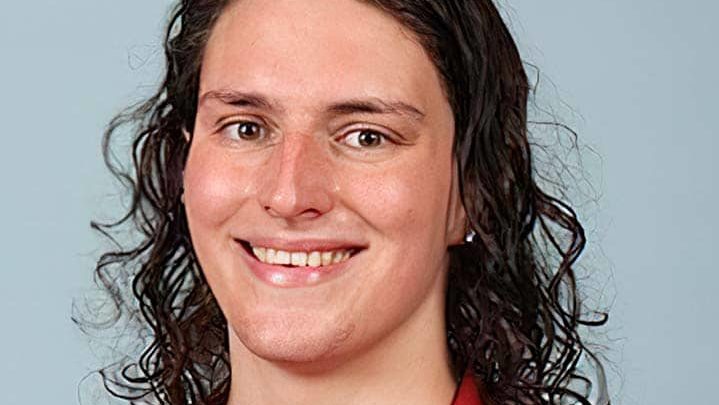Ad Disclosure
Michael Phelps Weighs in on the Lia Thomas Controversy

Alright that’s enough Eagles for now. Let’s get it back to the topic of transgender swimmers.
Philly is ground zero for the latest controversy in this space, as Penn currently has an athlete named Lia Thomas who is outperforming her competition and breaking records in the process. Thomas transitioned in 2019 and did a year of testosterone suppressant treatment, which is required by the NCAA in order for biological men to compete on a women’s team. Thomas previously competed on Penn’s men’s team.
There have been some intense opinions on both sides of the aisle here, and Olympian Michael Phelps weighed in on the topic during a CNN appearance:
Reacting to ongoing debate over trans college athlete Lia Thomas competing on the women’s swimming team, “it’s very complicated,” says @MichaelPhelps. “We all should feel comfortable with who we are in our own skin. But I think sports should be played on an even playing field.” pic.twitter.com/brsq7t2vJW
— Christiane Amanpour (@amanpour) January 13, 2022
This seems like a level-headed take on the matter at hand. It really does fall on the NCAA and the organizing committees to create this level playing field, because you’re trying to walk a line between allowing Thomas to compete while protecting the women that are now being defeated with ease.
The inherent problem here is that the NCAA does have rules for transgender athletes, but Thomas has met those guidelines and is clearly outperforming the competition anyway. That would suggest that the guidelines aren’t strict enough, because right now the women she is beating don’t have any chance of keeping up.
One of the main arguments is that a single year of testosterone suppression doesn’t go far enough in reducing that inherent advantage for biological men. There was a good column on this from the Swimming World editor, John Lohn, who is actually a Delco Times alumnus. He wrote this last year:
Despite the hormone suppressants she has taken, in accordance with NCAA guidelines, Thomas’ male-puberty advantage has not been rolled back an adequate amount. The fact is, for nearly 20 years, she built muscle and benefited from the testosterone naturally produced by her body. That strength does not disappear overnight, nor with a year’s worth of suppressants. Consequently, Thomas dives into the water with an inherent advantage over those on the surrounding blocks.
So again, it falls on the NCAA to figure out. If we’re being totally honest with ourselves, we can agree that Thomas should be allowed to compete at some level, while the women currently losing shouldn’t be subjected to an unfair playing field. It falls on the organizing committees at various levels of sport to find a solution that works for everybody and preserves the integrity of competition.
Kevin has been writing about Philadelphia sports since 2009. He spent seven years in the CBS 3 sports department and started with the Union during the team's 2010 inaugural season. He went to the academic powerhouses of Boyertown High School and West Virginia University. email - k.kinkead@sportradar.com